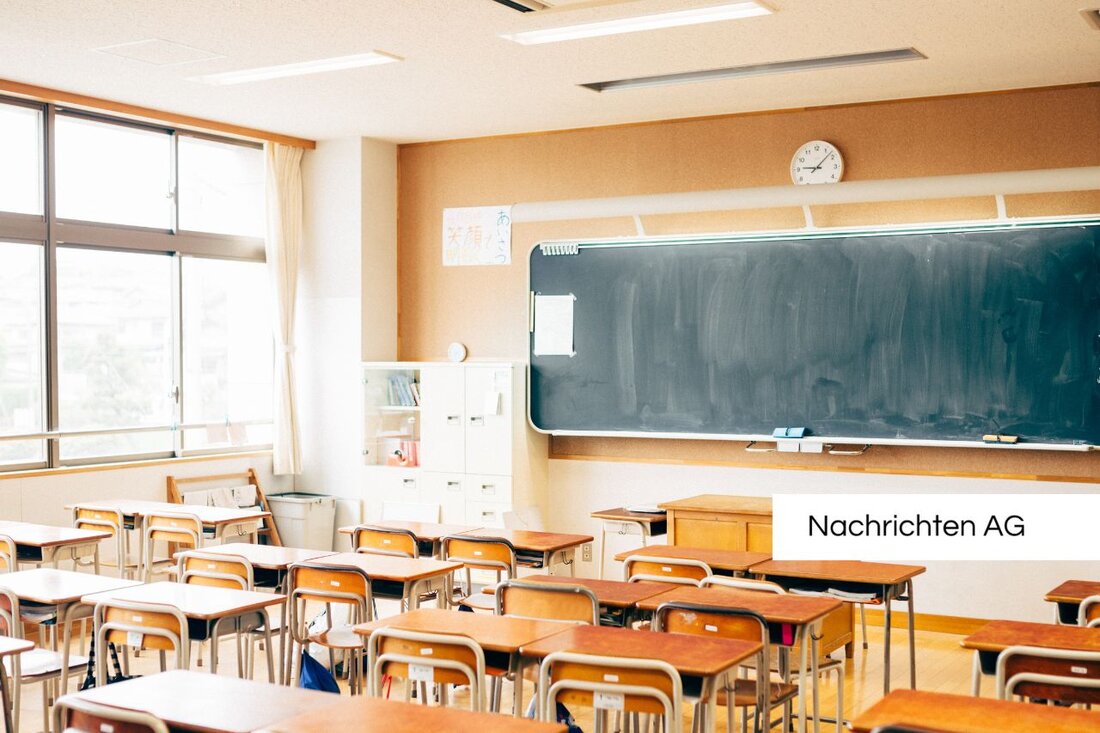Vienna is fighting against child poverty: equal opportunities for everyone!
Children's Day 2025 in Vienna: SPÖ calls for equal opportunities and measures against child poverty. Events in all districts.

Vienna is fighting against child poverty: equal opportunities for everyone!
On September 7, 2025, Vienna celebrates Children's Day under the motto “One City #ForAllChildren”. This event, which is organized by Kinderfreunde in all 23 districts, focuses on equal opportunities and children's rights. SPÖ Vienna regional party chairman Mayor Dr. Michael Ludwig emphasizes the need to create equal opportunities for all children. He explains that combating child poverty is a basic social democratic principle and makes it clear how important solid childcare is. According to Ludwig, Vienna offers comprehensive all-day childcare as well as over 120 all-day schools.
Further initiatives will be taken in the future to make holiday care easier to access. The Viennese Social Democrats are submitting proposals for the federal political debate that call for nationwide basic child protection. This should be granted regardless of the minimum income. The aim is to combat child poverty and promote a self-determined future for all children. Jörg Neumayer, SPÖ Vienna state party secretary, speaks of equal opportunities as a task for society as a whole and urges the need to ensure the best possible education and support for all children.
Educational opportunities and support
A central aspect of the discussion about equal opportunities becomes visible in education. The expansion of all-day schools in Germany, which has increased over the last 15 years, is often cited as an example in this context. All-day schools offer more time and freedom, which is particularly beneficial for children and young people with educational disadvantages. They benefit from individual support, so that the risk of educational injustice is reduced, which is discussed in detail in the anthology “A Whole Day All Day – In Search of Equal Opportunities”, as reported by School Supervision.
However, educational equality in the German school system is still inadequate. Children from socially disadvantaged households have significantly worse educational opportunities compared to their peers from privileged families. Dr. In a podcast, Anne Christin Holtmann examines the causes of unequal educational opportunities and draws a comparison between different countries. The measures that are successfully implemented in countries like Finland to compensate for disadvantages due to origin could serve as a model for reforms.
Necessary reforms
The need for reforms in Germany is also reflected in the results of the PISA studies. These confirm that social mixing in schools promotes the performance of socially disadvantaged students. Although Germany has made some progress after the so-called “PISA shock” in 2001, it lags behind countries with high levels of equal opportunities. At the same time, it becomes clear that schools play a central role for disadvantaged children by offering opportunities that the family environment often does not provide, as the [Federal Agency for Civic Education](https://www.bpb.de/themen/bildung/dossier-bildung/539252/rechte-schulen-wie-koennen-benachtreibte-schueler-besser-gefoerdert- Werden/) analyzes.
Greater efforts are required to further reduce the social gap in skills development. The implementation of integrated school systems and support through summer camps could represent possible solutions. The challenges of educational equity are not just a question of the school system, but also require a rethink in social and tax policy as well as in the areas of housing and urban development.
Overall, the discussion about child poverty and educational injustice is enriched by current initiatives and reform proposals that aim to create prospects for all children at both the federal and local levels.

 Suche
Suche
 Mein Konto
Mein Konto
